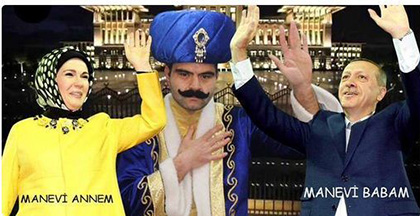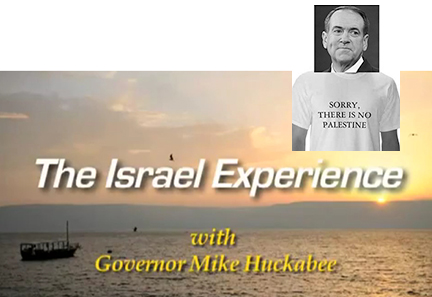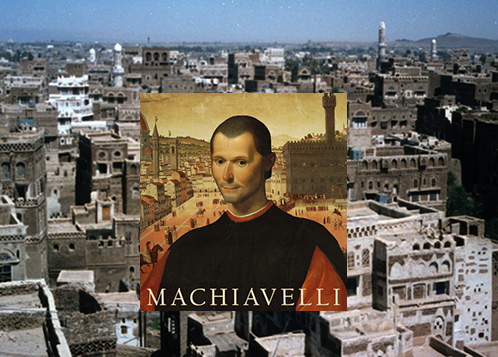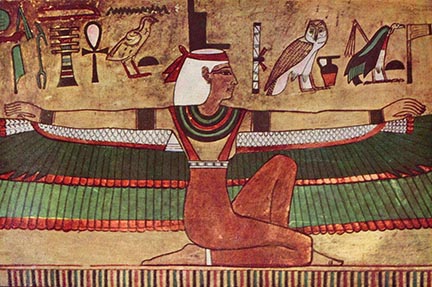
I don’t think you need a seismic detector anywhere in Turkey these days to determine if Mustafa Kamal Ataturk is not rolling over in his mausoleum in Ankara. The man who dragged Turkey so hard that the fez fell off and who de-scripted the calligraphically beautiful Ottoman language has been superseded by a leader no less contested, President and former Prime Minister Recep Tayyip ErdoÄŸan. ErdoÄŸan is a polarizing figure, imposing his will in much the same way that military-backed leaders have done in Turkey’s past. And the comparisons between him and the old line of sultans is in the air these days. Calling for mandatory learning of the old Ottoman script, no matter how appealing to academic Ottomanists, is suggestive of more than historical nostagia. Building a huge palace of some 1,150 rooms (there were only 1,001 nights in the Arabian Nights epic) at a cost of around 490 million euros ($615 million) and then deciding that it should be called a kulleye, with all the religious connotations this conjures in Turkey, is eyebrow-raising to say the least.
We are now entering the age of political Ottomanipulation in Turkey. The next election will see politicians topped off with turbans and probably handing out tulips to buy votes. New political ads have no need to be satirized, since no satire could improve on their critique. There is no danger of Turkey returning to the sublime porte; that sick man of Europe cannot be resurrected, especially by an admirer of the modern Muslim Brotherhood. The Islamic branding that ErdoÄŸan brandishes is thoroughly contemporary and metaphorical. Taking pride in the Ottoman past is the point, but in order to create a new kind of Islamic leadership. There is no room for a caliph in the modern world any more than for Italy to go back to its caesars (even if those were the salad days for my grandfather’s homeland). But if you want to gain as absolute power as you possible can, religion is the best way to go. If you happen to be president of Uzkekistan for over two decades it helps to have a first name of Islam. And if Tamerlane can be trussed up in modern propaganda in Uzbekistan, why not Sultan Suleiman the Magnificent.

Will it work? Will reading Ottoman script on mosque walls and watching politicians parade around in the old robes of authority convince the electorate that this is the best way to move forward? Time will tell, obviously, but in the mean time it may be useful to follow Turkey’s economic health. If Marx was around, I suspect he would argue that the jingle of coins in the pocket beats staring at museum objects. No fadish fetish beats the economy for predicting the probable direction of change.






